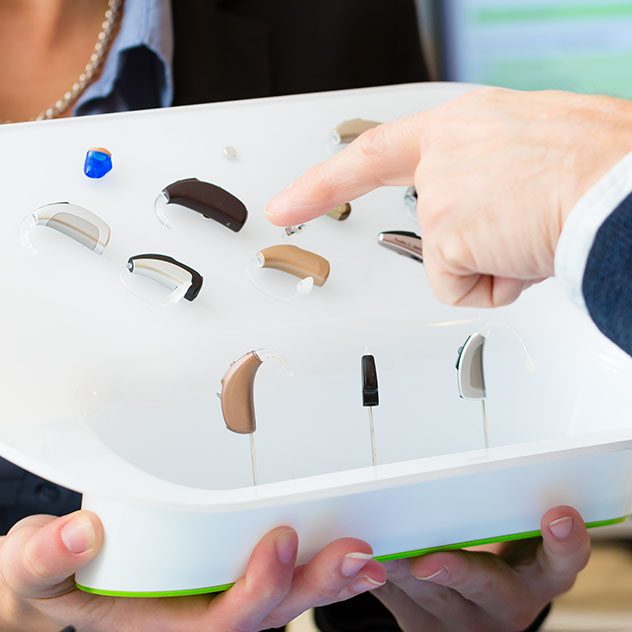Effects of Masking and Attenuation:There are specific hearing
aid programmes designed to drown out the sound of tinnitus. Hearing aids
with this tinnitus feature augment the volume of external noise to the point
that it masks the sound of tinnitus. This makes it more difficult to notice
tinnitus consciously and assists the brain in focusing on external, ambient
noises. Hearing aids have a greater masking effect on people who have
hearing loss in the same frequency range as their tinnitus.
Auditory Stimulation:The quantity of auditory stimulation that
the brain receives rises in direct proportion to the level of external
noise. The auditory circuits in the brain may benefit from being stimulated
by soft background sounds that are otherwise not heard.
Enhanced Communication:Patients with loud tinnitus may find it
difficult — or perhaps impossible — to engage in everyday communication and
social activities such as following a conversation, conversing on the phone,
watching television, or listening to the radio. Hearing aids assist by
increasing the external volume of these activities above the volume of
tinnitus felt. Patients may experience less personal frustration and social
isolation as a result.

